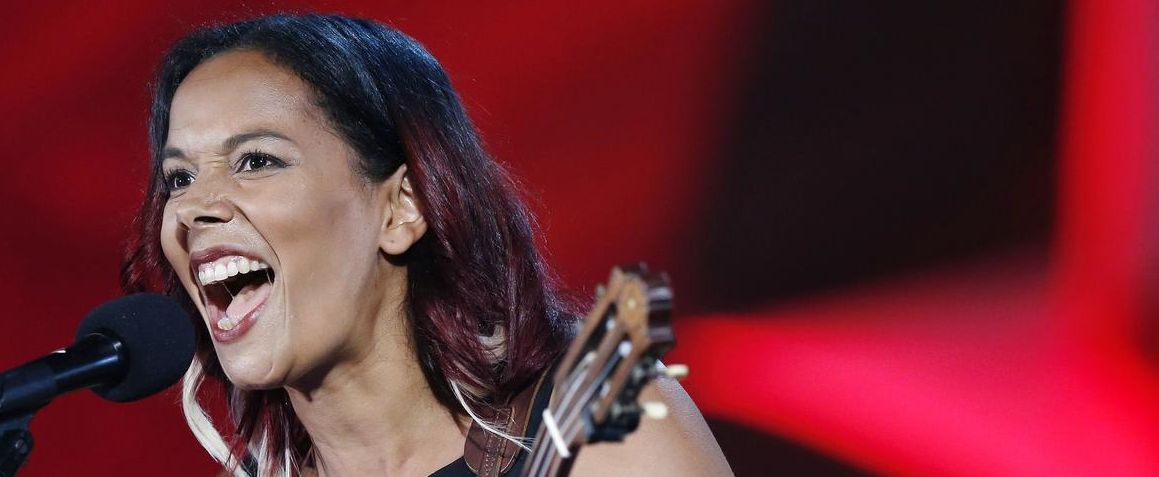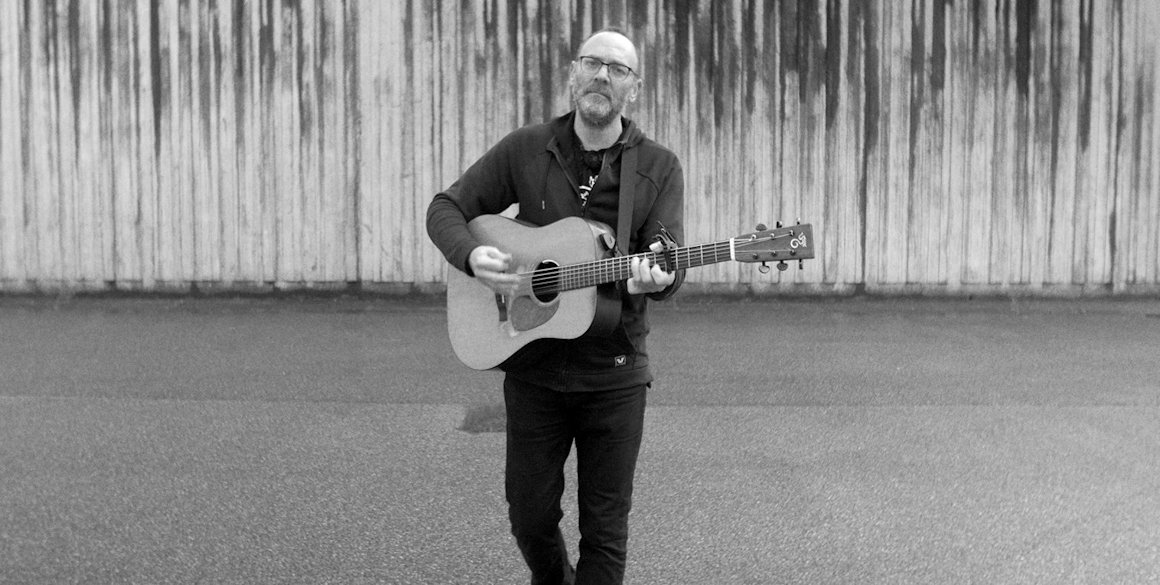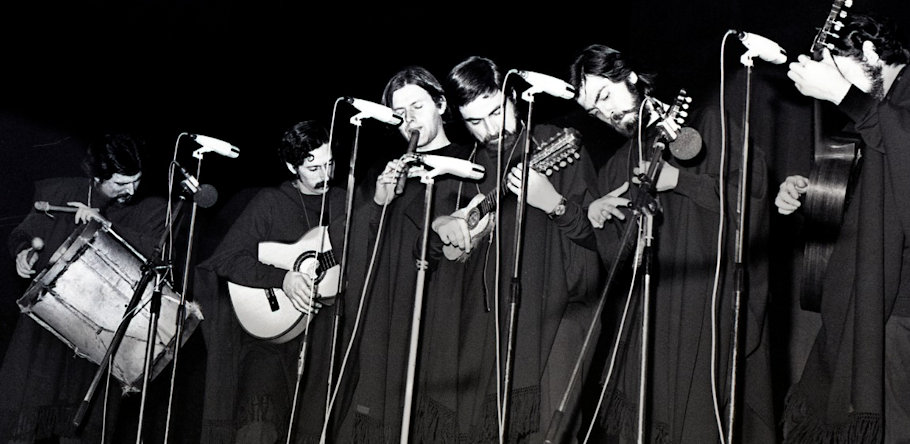John Jeremiah Sullivan’s essay “Rhiannon Giddens and What Folk Means” is a must-read for people interested in the history of American folk music and its contemporary relevance. Giddens is a singer, banjoist, fiddler, and researcher from Greensboro, NC, who rose to prominence with the Grammy-winning string band, The Carolina Chocolate Drops. The essay, which appears in the May 20th print edition of The New Yorker under the heading “Folk Like Us”, commences with the story of the nineteenth-century Black musician Frank Johnson, a fiddler and band leader whose central role as an artist in the antebellum South is only being unearthed today, thanks partly to the work of Giddens and her band mates. In 2005 they met with Joe Thompson, an elderly fiddler whose musical roots traced back to the legendary Johnson (who died in 1871). Sullivan, who interviewed Giddens for the article, describes her reflections on her mixed-race roots in Greensboro, NC, her formal training as an opera singer, and her later fascination with the nineteenth-century Black string bands of her home state. He concludes with an account of a KKK-led mass murder of Black citizens in Wilmington, NC in 1898 – an event that contributed to the erasure of the Black string band tradition from America’s cultural memory. The pogrom was remembered last November, on its 120th anniversary, with a concert featuring Rhiannon Giddens at Wilmington’s historic Thalian Hall.
Gaza SINGS!
23-year-old student Jehad Shehada was the top vote-getter in the Gazavision song contest – a Palestinian response to Eurovision, the annual song festival, which was staged last month in Tel Aviv. Eurovision countries each select one contestant to compete in the glitzy extravaganza. The country of the Eurovision winner (an Israeli in 2018) hosts the next year’s event. Setting aside the question of why a Middle Eastern state is a member of Eurovision, allowing the event to be staged in Israel is de facto endorsement of its apartheid policies, since Palestinians are effectively excluded from the competition. Gazavision is a project of We Are Not Numbers, a non-profit Palestinian organization. Spokesperson Rana Shubair had a message for Eurovision contestants: “We want you to know that no song or dance can whitewash our oppression.” A panel of judges from Gaza’s Edward Said Music Conservatory winnowed the list of 25 entrants to six finalists. After reading their stories and viewing their performances, more than 3,500 people from around the world chose Jehad Shehada as the winner. For more info: www.wearenotnumbers.org.
Happy 100th Birthday, Pete Seeger
Scores of events celebrating the centenary of American folksinger and social justice activist Pete Seeger (1919-2014) took place around his May 3 birthday and they’ll continue into the summer. As of this writing, nearly 100 tribute concerts, sing-alongs, and open mics have been posted at www.spiritofseeger.com. Most are grassroots events featuring local musicians, but there are some bigger concerts. Perhaps the most significant is Clearwater’s Great Hudson River Revival, the festival Seeger co-founded with his wife, Toshi. There, in addition to the Seeger centennial, the June 15-16 fest marks the 50th anniversary of his sloop Clearwater, the boat that came to symbolize his environmental activism. Featured performers include Mavis Staples, The Wailers, and Ani DiFranco. In related news, Smithsonian Folkways is marking the Seeger centenary with a six-CD box set that features 20 previously unreleased recordings plus a 200-page book. Irish writer Jenny Farrell explains what all the fuss is about in her article “Happy 100th Birthday Pete Seeger”.
Roy Bailey 1935-2018
British socialist folksinger and educator Roy Bailey died on November 20th. He was a prominent figure in English folk music for more than 40 years. UK music magazine Mojo called him “the very soul of folk’s working class ideals”. Roy Bailey was born in working class East London in 1935. After military service he studied sociology at Leicester University, where he helped to form a folk club and established himself as a musician. By the late 50’s, encouraged by the communist folksinger Ewan MacColl, Bailey became a noted singer in the Campaign for Nuclear Disarmament. He was blessed with a rich baritone voice. While he was not a songwriter, he had a knack for selecting great material for his repertoire. Songwriters that he drew from included Leon Rosselson, Si Kahn, and Martin Carthy. Throughout his long career as a singer, during which he released dozens of albums, Bailey continued his academic pursuits, ultimately becoming head of sociology at Sheffield University. His musical and pedagogical passions were combined in a long collaboration with Labour MP Tony Benn. The two toured for more than 20 years, employing a theatrical format that alternated Benn’s political humour with Bailey’s songs. “The Writing on the Wall” (2000), which can be found online, is an entertaining record of their collaboration. For more info: www.roybailey.net.




